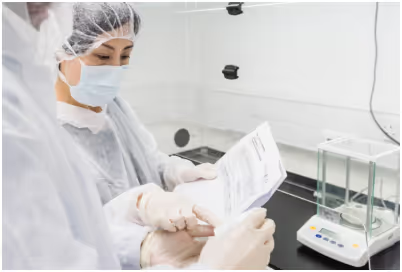Food alters the QTc and might be an attractive non-pharmacological method of confirming assay sensitivity in Thorough QT (TQT) studies. This idea was recently examined (Taubel et al., 2011) and showed that food shortens QTcF. This is important because previously it has been debated in the literature to whether euglycaemic hyperinsulinemia can prolong the QTc interval (Gastaldelli et al. 2000).The European Congress of Pharmacology will be hosted this year by the Spanish Society of Pharmacology in Granada, Spain from 17-20 July, and will bring together pharmacologists from all over the world to debate current drug research and development issues from �bench to bedside�.Following Dr Taubel�s presentation at the DIA 3rd Cardiac Safety Workshop in Japan, he will present his latest data assessing how late changes i.e. 2-4 hours after the end of a euglycaemic insulin clamp can lead to significant increases in QTcF in healthy subjects. The presentation will be based on a single centre, randomised, placebo- and positive-controlled study that was carried out by Richmond Pharmacology in both healthy Caucasian and Japanese subjects. The euglycaemic insulin clamp was used to investigate the effects of insulin, C-peptide and glucose on the QT interval.View the Scientific Program
Latest news
Richmond Pharmacology Establishes Expert Regulatory Advisory Board
February 12, 2026
Richmond Pharmacology, a leading clinical research organisation specialising in early-phase and innovative clinical trials
Read moreEvents
Clinical Trials Innovation Programme
10 - 11 February 2026
Richmond Pharmacology is pleased to attend the Clinical Trials Innovation Programme Conference in Nice, France, 10–11 February 2026.
View event














.avif)
